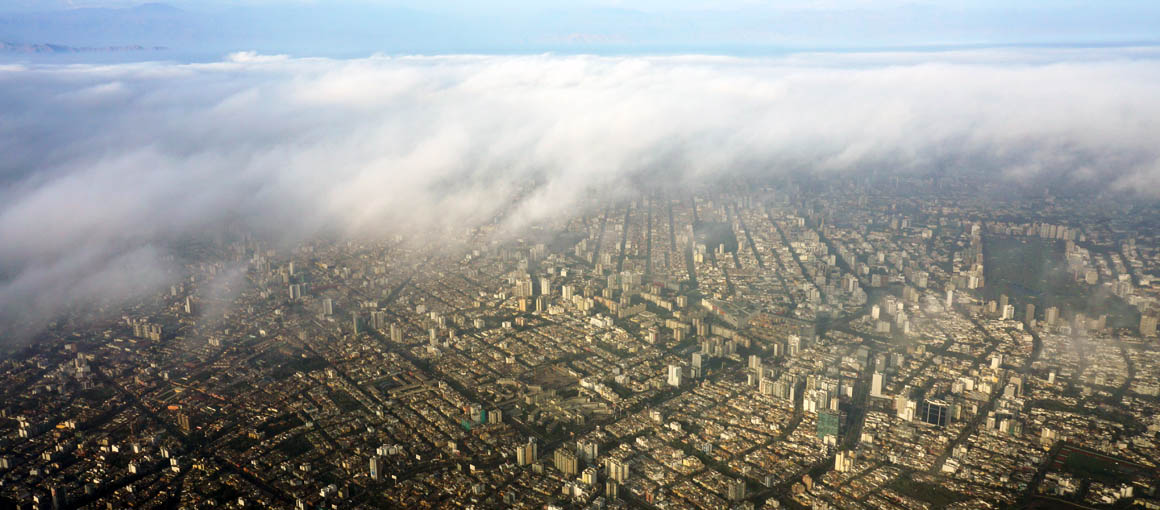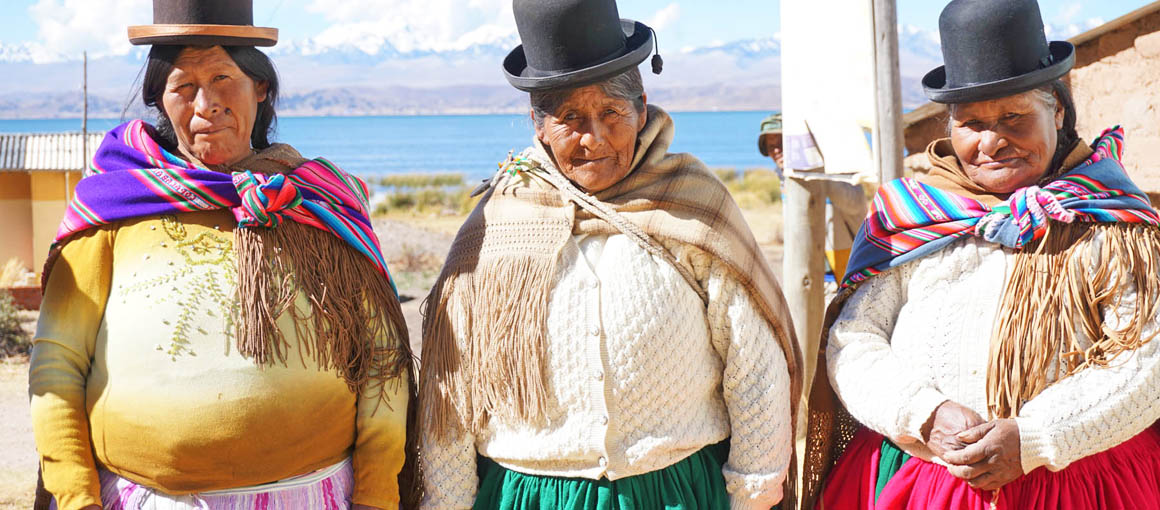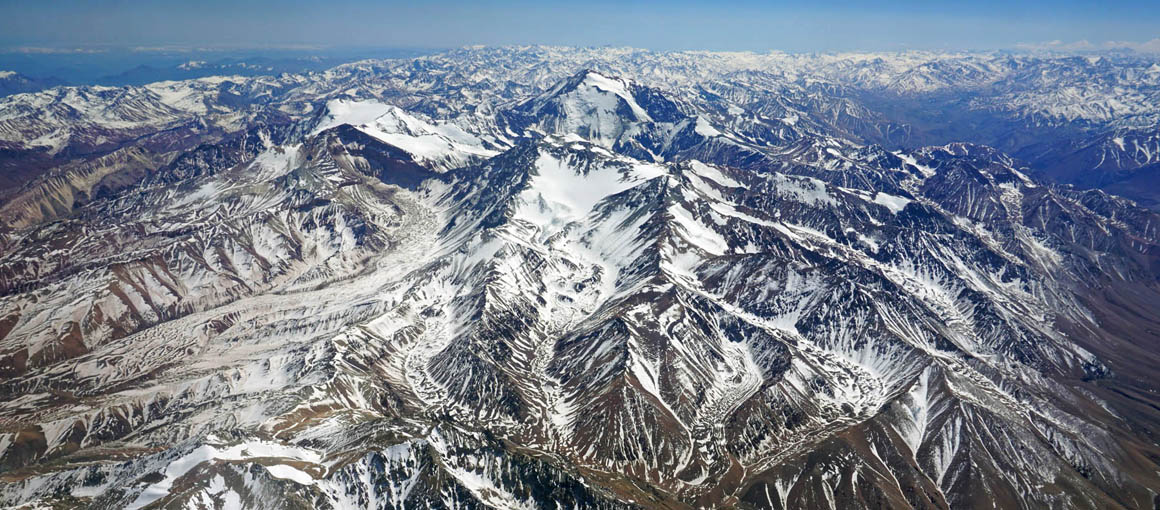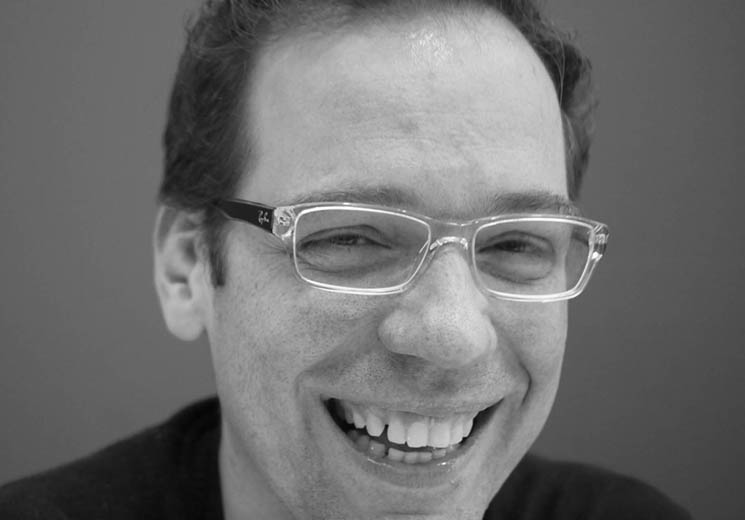






Pedro Custódio
I studied computer science, more exactly I studied Artificial Intelligence, maybe because of those beginnings I often found myself thinking of people while I was developing programs and working on computer projects. Years later I realised there couldn’t be computers without people and that it was from their relation what great things could happen. So I shifted my line of work towards usability and user experience. To understand and improve how we, humans, interact with technology and how to improve those interactions.
The move to Germany was a combination of professional and personal objectives. I was part of an international community already while in Portugal, but I wanted to work in a more international environment. Vodafone Group projected that path for me and in 2009 I moved to Düsseldorf.
My last 2 years in Germany I moved from Vodafone Group to Vodafone Deutschland and believe me, they are worlds apart. In Germany I found a more structured ground, it also led me again to work much closer to the end-users, the actual customers. Working as a designer in any company has its anecdote moments, I’ve learned the hard way there was an implicitly agreement on clothing if you work in a Germany company – green pants or yellow shirts weren’t necessary part of it ☺
I love to observe and understand the people around me. Some people define that as being empathetic. I think most comes from observing and trying to understand what makes us who we are and why we act the way we act. Every person has a story, every person is many persons, when we work, when we play or when we talk we’re dealing with some of those facets, the truth lies behind and between all of them. Working with people from many different places truly shows us the commonalities, we’re all humans, we share the same spaceship and we’re mostly driven by the same basic, core values, yet it’s in the differences that we find what really makes us, us.
I’ve lived in two countries now, actually three if you count the last month. I often worked internationally, I have a couple of cities where I still would love to live. Düsseldorf turned out to be the cosy, little, international and networked city which I came to be maximum two years and ended up staying six and half. I love the simplicity of living in Düsseldorf, the »just right« approach of the city, the practicality and amazing art scene, the river front, the good quality of life.
I do consider myself an expat, I prefer the shorter term versus the full expatriate. I left my country before there was a crisis, before so many had to swap their homes for a chance in a better future. In a way you leave your »patria«, it’s a disconnection process, for as much as you want to be connected, the daily life is now in a different place, with a difference set of values and different understanding of your foundations. I was neither there or here, I consider myself a citizen of the world, with all the pros and cons that might bring, but yes that is my definition of an expat.
Working globally brings many advantages, from the knowledge of others that I refer earlier, to the sheer size and scope of the projects, everything is different. Again all your professional beliefs are put to question, is this really true for this market, or am I simply biased by my own country reality? Working globally also gives you a change to propagate your ideas further, it’s often the case that an idea might be brilliant, if only you just look at the market next door, instead of just your own.
I’m deeply scared of not feeling »fulfilled« anywhere anymore. I often look at those friends back home and how happy they are, in a way you can’t be unhappy for what you don’t know. But once you know, the feeling of loss tends to become part of the journey. That place here and there, that special friend here, the other there. I still have the dream to set up a company or a project just to get the excuse to work and be with some of the amazing people I’ve meeting along the way. What keeps me going is the simple believe that life is too short and there’s a world out there waiting to be discovered.
I become increasingly curious about how places and cultures became to be what they are today. I didn’t use to like history, my wife taught me that love. And while you can’t live in the past, looking at the present without knowing it is the recipe to misunderstand or ignore a lot of why things are the way they are around you.
Ahaha, you caught me there. I’ve learned many things while living and working abroad, but this one I learned back home with my mom. We often find ourselves lost, for whatever reason and in those moments, you step a side and search for the invisibles, those individuals that keep things running while the rest of us, live our lives. I mean the taxi driver, the street cleaner, the postman – they keep things around us tidy and functioning, but most of the time we just don’t see them. When I find myself in trouble, these are the people I often turn to, they know more than people normally think.
To believe that there’s a place out there where your knowledge and your skills are needed and the boldness to drop the safety net and go looking for it. Observing and be capable of understanding that although we’re all human we do operate and live in different ways.
Be you, but learn how to be part of the environment where you end up in. Don’t be an outsider, be an insider of your new country. Take part, have as much fun and learn as much as possible.
I’ve grown a lot. I’ve become much more aware of my faults, some culturally induced – every culture believes they are the best, not on every single treat. I can’t say if the way I see the world today comes just from being nomad or if it’s just a gift of the age, but I did become much more an observer and prudent about judging and much better at accepting the differences in the others.
Well, I struggled with the German, it wasn’t an easy task to live in a country where you don’t speak the core language. For as much as you want and try, there is a wall that divides us. Looking back and looking at other friends that traveled to other countries where English was the main language or at least easily spoken I can see that their integration happened much faster. That was the core I think I wish I knew before and that probably it would have made my life simpler.
Well, moving to UAE was again a combination of factors, you don’t plan for most things in life. But I have a feeling that I started a great adventure. Europe is many countries, but in a way we’re all very much alike. Moving to a country that has a deeply rooted set of values that are similar and yet very different from the ones we experience in Europe, that is a recipe for a life learning. I’m also fascinated with the first days here in Abu Dhabi, it’s remarkable what we humans can achieve if we managed to put our heads together – and of course if money isn’t a big of an issue. Abu Dhabi and Dubai were sand and desert not long ago, if man can build places like this out of the desert I say if we don’t get distracted we have a beautiful future ahead.
Pedro Custódio is a User Experience Strategist and he is passionate about developing meaningful experiences around products and services. He thrives to be accomplished in »all things online«. Pedro has been instrumental in the origin of the Portuguese Usability Professionals Association as well as SHiFT – Social and Human Ideas For Technology conference. Find out more here.
I’ve met Pedro in Abu Dhabi during a recent trip to the United Arab Emirates and was fascinated by his passion and drive. As I am always interested in people on the move and in transition, I’ve asked him for this interview.